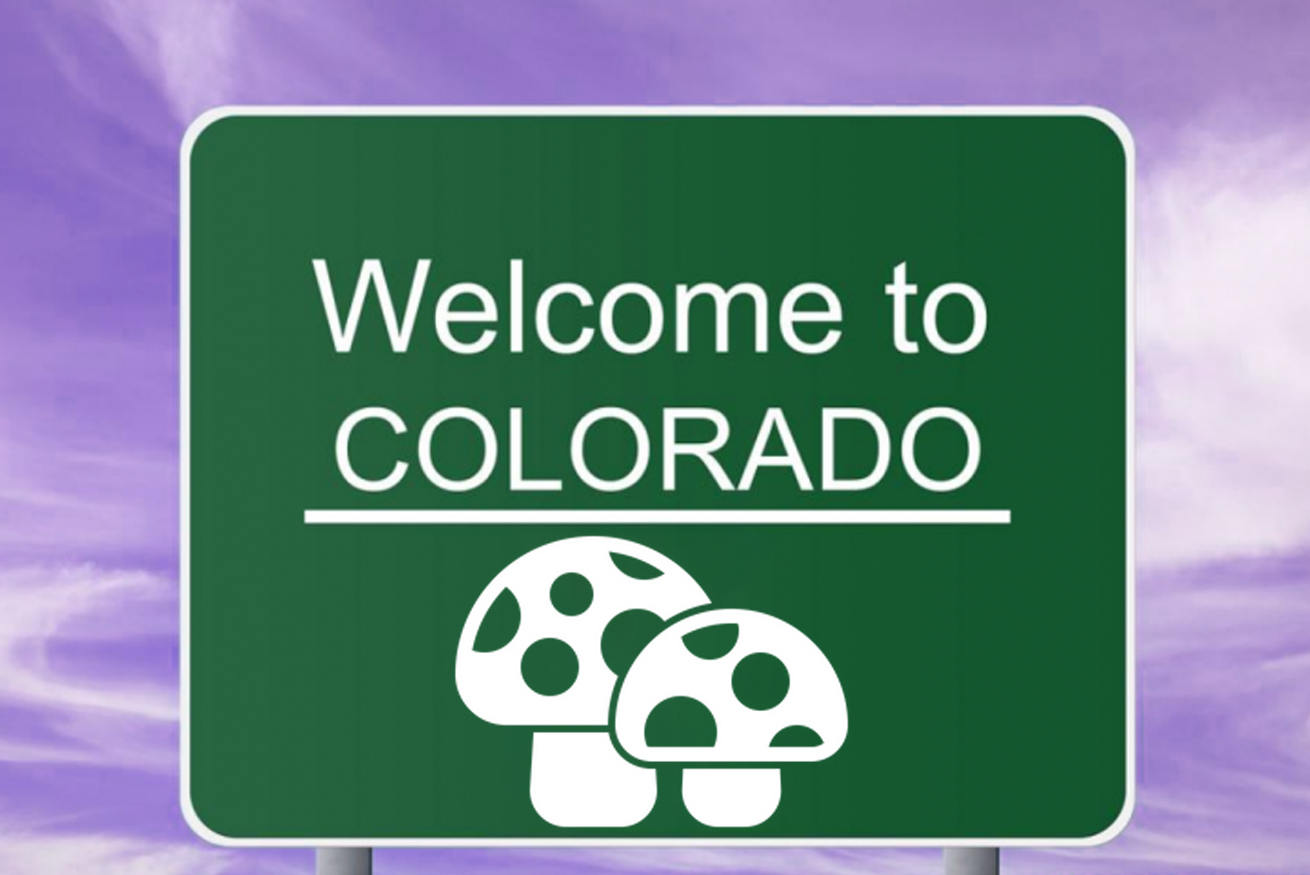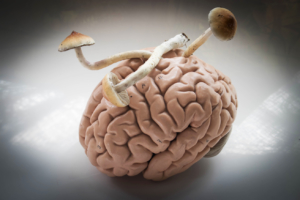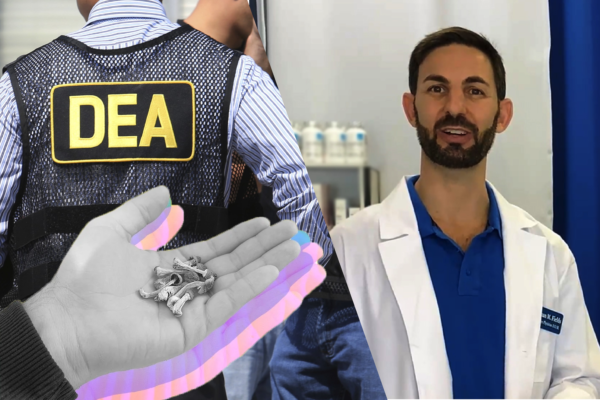
In July of this year, native Coloradans gathered enough signatures to put an initiative on the ballot which would decriminalize a number of entheogens for personal and therapeutic use. Initiative 58, known as the “Natural Medicine Health Act of 2022” would decriminalize the personal use and possession of DMT, ibogaine, mescaline (excluding peyote), psilocybin, and psilocyn for adults over the age of 21. The initiative would also create a natural medicine services program for the supervised administration of plant medicines, similar to Oregon’s Measure 109 psilocybin services program.
The initiative has now made it onto the ballot as Proposition 122, and voters in Colorado have until November to decide whether they wish to join Oregon in leading the transformative process of bringing much needed change to laws in the U.S. and the rest of the world. This includes decriminalizing plant medicines for personal use and creating approved healing centers with trained facilitators to serve the medicine to those in need.
Initiative 58 was sponsored by Natural Medicine Colorado, which is almost entirely funded by New Approach PAC. New Approach is a special interest lobbying group funded by Dr. Bronner’s Magic Soap, the Van Ameringen Foundation, Scotts Miracle-Gro, Tilray Inc, and others.
A History of Entheogen Decriminalization
Colorado is no stranger to the decim movement. In May of 2019, Denver became the first city in the U.S to decriminalize psilocybin for personal use, instructing all police officers to relax enforcement of the federal prohibition of magic mushrooms. This action came nearly two decades after Portugal passed a radical law to decriminalize all drugs —everything from psychedelics and cigarettes to meth and heroin. Portugal now leads the European Union (EU) with the lowest drug usage and overdose rates on the continent. While most nations continue to clutch onto outdated criminalization models for possession and personal use, Portugal provided citizens with the option for addiction treatment rather than channeling funds into law enforcement.
In 2020, Oregon recognized the potential to curb addiction and hospitalizations from drug related incidents and passed similar ballot initiatives, Measure 109 and Measure 110. Measure 109 created a psilocybin services program focusing on creating access to psilocybin sessions for personal and therapeutic use. Measure 110 served to decriminalize all entheogenic medicines (like ayahuasca, peyote, & mushrooms) and psychedelic drugs (including DMT, LSD, & MDMA) for personal use, making Oregon the first state in the U.S. to do so. Since then, many cities across the U.S. have passed similar decriminalization measures making entheogenic plants and psychedelic medicines the lowest priority for criminal enforcement agencies.
Entheogen Decriminalization and Peyote
This new effort in Colorado is poised to follow suit as it is focused on expanding upon the original initiative in Denver for the whole state to include all psychedelic drugs and entheogenic plants, fungi, and cactus, with the exclusion of Peyote, the primary sacrament of the Native American Church (NAC). Supporters chose to leave this consciousness altering cactus out of the law as it is currently firmly rooted in the practices of the NAC in Colorado and across the country in the rituals of the Native American Tribes.
Use of Peyote dates back hundreds of years in North America and thousands of years in Central America. The church received a legal exemption from the Federal Government on December 22, 1981 to practice their ceremonies with peyote. This entheogenic medicine is presently harvested to a point that it is nearly endangered as a species in the wild. By removing peyote from the decriminalization effort, psychonauts in Colorado hope to empower the leaders of NAC in their state to continue their practices without getting tangled with new legislation. At the same time, this enables those who work with psilocybin mushrooms in ceremony or for therapeutic purposes the freedom to explore and expand their own consciousness in altered-states without fear of persecution or legal hardships from the state.





